It’s all connected – the link between the mind and body and Optimum F1000Prime
| 10 November, 2017 | Alanna Orpen |
|

|
With new evidence showing the influencing role biological factors have on the status of our mental health, we explore the role our immune system has on our mind
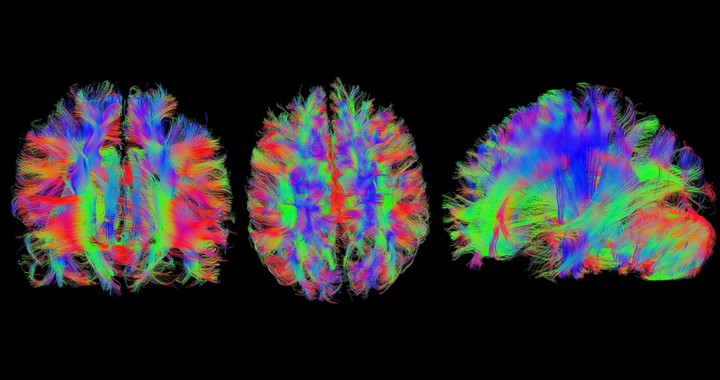
Times are a changing – the mind and body were previously thought of as separate entities, but it is now recognised that they are indeed linked and constantly interacting. Research published in the American Journal of Psychiatry by Oliver Howes and colleagues at the MRC London Institute of Medical Sciences found that changes in our immune system could drive the onset of schizophrenia. This influence of biological factors on mental health opens up new possibilities for treatment of mental health.
As reported recently in The Guardian, Dr Howes and his team are now embarking on a two year trial exploring the potential of an antibody drug, normally used in treatment of multiple sclerosis, as way of treating schizophrenia. In recognition of this work, we highlight the top F1000Prime recommended articles exploring the links between the body’s biology and schizophrenia, as well as sharing our usual top three articles for the month and our Hidden Jewels. Click on the images for full access to the recommendations.
F1000Prime is a literature recommendation service. The service has a peer-nominated global Faculty of more than 8,000 of the world’s leading biomedical scientists and clinicians who select those articles they think are particularly interesting and important, and write recommendations explaining their selection. From the numerical ratings awarded, we have created a unique system for quantifying the importance of individual articles.
Top 3 article recommendations on schizophrenia connections
“The authors suggest a new paradigm for gene hunting: use large structural variants to collectively identify groups of candidate genes, which then can be searched in detail for more subtle mutations. It will be interesting to see whether this new paradigm will fare better than genetic association studies.” – Rudolf Uher, King’s College London, UK
“The immune system impacts human health in many ways… recently, the immune system has been recognized as influencing seemingly non-immune conditions. This study found a possible link between the immune system and schizophrenia.” – Helen Su, National Institutes of Health, US
“Redon et al. describe the first-generation copy number variation (CNV) map of the human genome, highlighting the extent and complexity of these variations (involving as much as 12% of the genome) and their potential role in disease through altering gene dosage and disrupting gene sequences.” – Michele Ramsay, University of the Witwatersrand, South Africa.
Current Top 3 recommendations
Rankings are generated using the articles recommended in F1000Prime during the preceding 30 days.
“I wholeheartedly agree with William G Kaelin Jr’s concerns about the current state of publishing and where it’s possibly headed. Too much emphasis and therefore pressure is placed on generating a large amount of data to build a more “complete” story….The story should fit the data, certainly not the other way around (picking data to fit the story), but I feel pressure and cherry picking are blurring this fundamental aspect of scientific research” – Lucy Donaldson and Nicholas Beazley-Long, University of Nottingham, UK
“This paper demonstrates that incorporation of the metagenome data into the structure-prediction process significantly increases the number of structures that can be modeled accurately.” – Andrey Kovalevsky, Oak Ridge National Laboratory, US, and Oksana Gerlits, Shull Wollan Center, Joint Institute for Neutron Sciences, US
“This study showed that, when added to standard care, the SGLT2 inhibitor empagliflozin is associated with slower progression of kidney disease and lower rates of clinically relevant renal events than was placebo.” – Pablo Aschner, Javeriana Univeristy School of Medicine, Colombia
Hidden Jewels
Hidden Jewels rankings only include articles published in specialist journals, recommended in F1000Prime during the preceding 30 days.
“The authors therefore identify a new population of macrophages that are critical for lymph node homeostasis, and possibly for many other functions that are still waiting to be uncovered.” – Wolfgang Kastenmüller, University of Bonn, Germany, and Georg Gasteiger, University of Mainz Medical Center, Mainz, Germany.
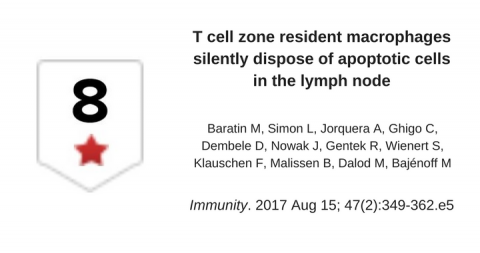
“This study, together with related mechanistic studies, revealed that CD1a-autoreactivity was associated with higher expression of lesional mast cell-derived phospholipase A2 (PLA2), which can convert non-antigenic phosphatidic acid-containing molecules into lysolipid neoantigens.” – David Branch Moody, Harvard University, US.
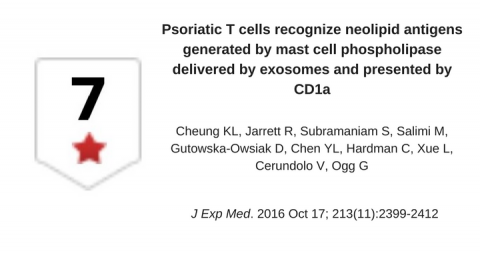
“By defining subset heterogeneity and candidate molecules important for disease pathogenesis, the work contributes to the identification of potential therapeutic targets.” – Graham Ogg, University of Oxford, UK.
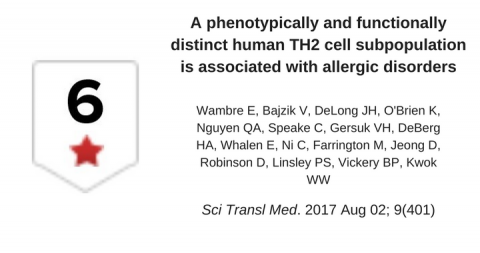

|

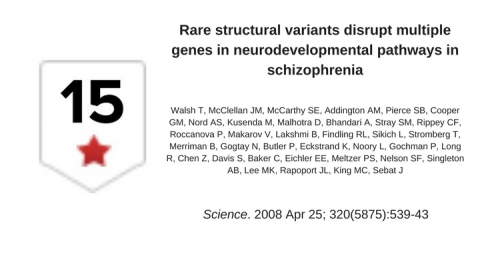
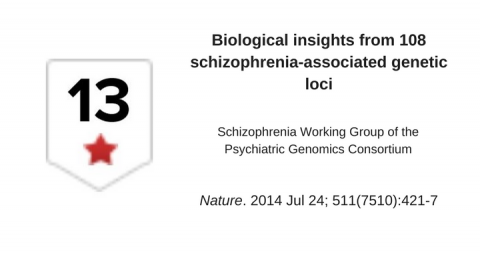
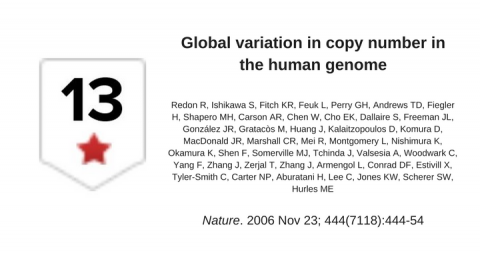
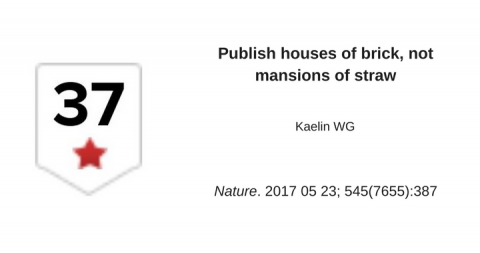

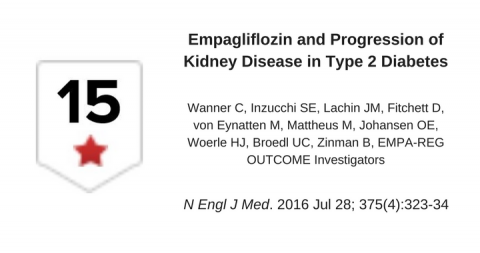



User comments must be in English, comprehensible and relevant to the post under discussion. We reserve the right to remove any comments that we consider to be inappropriate, offensive or otherwise in breach of the User Comment Terms and Conditions. Commenters must not use a comment for personal attacks.
Click here to post comment and indicate that you accept the Commenting Terms and Conditions.